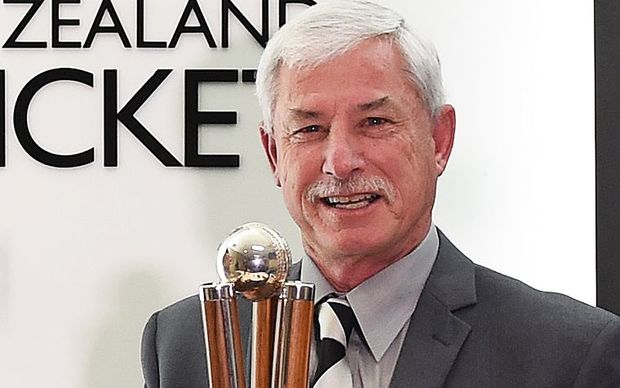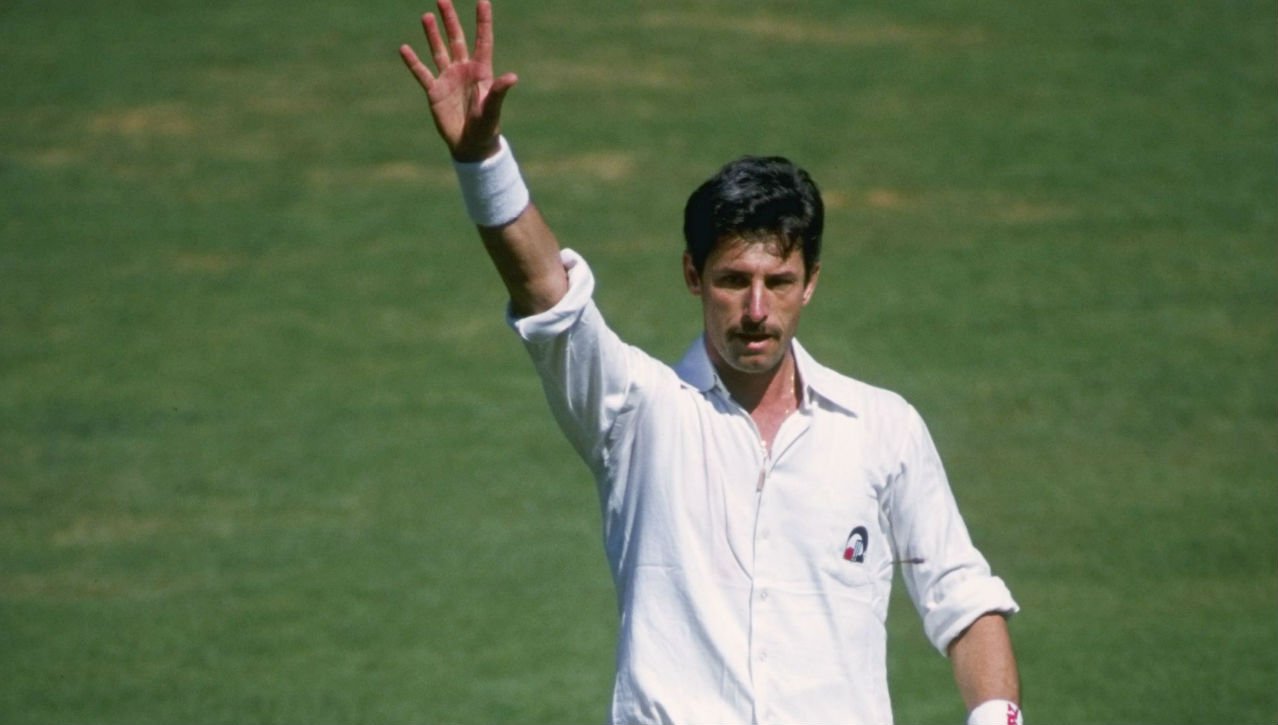Former New Zealand pace great Sir Richard Hadlee is not a fan of T20 cricket and he thinks the shortest format will not survive if Test cricket is not there. Hadlee said the foundation of cricket must be “preserved” so that all three formats can co-exist pretty well.

“Test cricket must be preserved. It’s the foundation on which the game is based. So we must look after the five-day game,” Hadlee said. “Certainly with emergence of T20 cricket which is a revolution in the game, all three formats need to live together. They can co-exist but I hate to see that T20 cricket will dominate world cricket,” the 69-year-old said to a query from PTI.
“Probably too much T20 cricket is played around the world. But I hope that the game doesn’t try to just survive through T20 cricket because T20 cricket is not real cricket. Real cricket is Test cricket,” said Richard Hadlee, who has 431 Test wickets and 3124 runs from only 86 Tests.
Hadlee, meanwhile, feels that T20 format has given more skilful players but they might not be better cricketers.
Read here: Wasim Jaffer Gives Advice to Indian Batsmen
“I am not saying they are better players but they are certainly more skillful. Because of different formats that they play, they have to adapt to different situations particularly in T20 which is a high risk game anyway with all the trick shots that they play,” he shared.

“The T20 generation bowlers today have for at least five variations. They bowl different deliveries like knuckle ball, back of the hand slower one. Back in my time, I only had two variations (inswinger and outswinger). That’s all I needed,” said the former great.
However, he thinks a lot of T20 cricket will lead to burnout and witness premature retirements with most fast bowlers who prefer to quit Test cricket once they are around 34.
“At 34 or 35, you probably end your career as quick bowler but you can have three or four years left in T20 cricket because if you play Test cricket, you can burn out, get injured and be less effective. People will retire prematurely to pursue where the money is. That’s not a criticism at all but a sign of times and way the game has gone. I was 39 when I retired and it was Test cricket. That’s it,” Richard Hadlee concluded.
